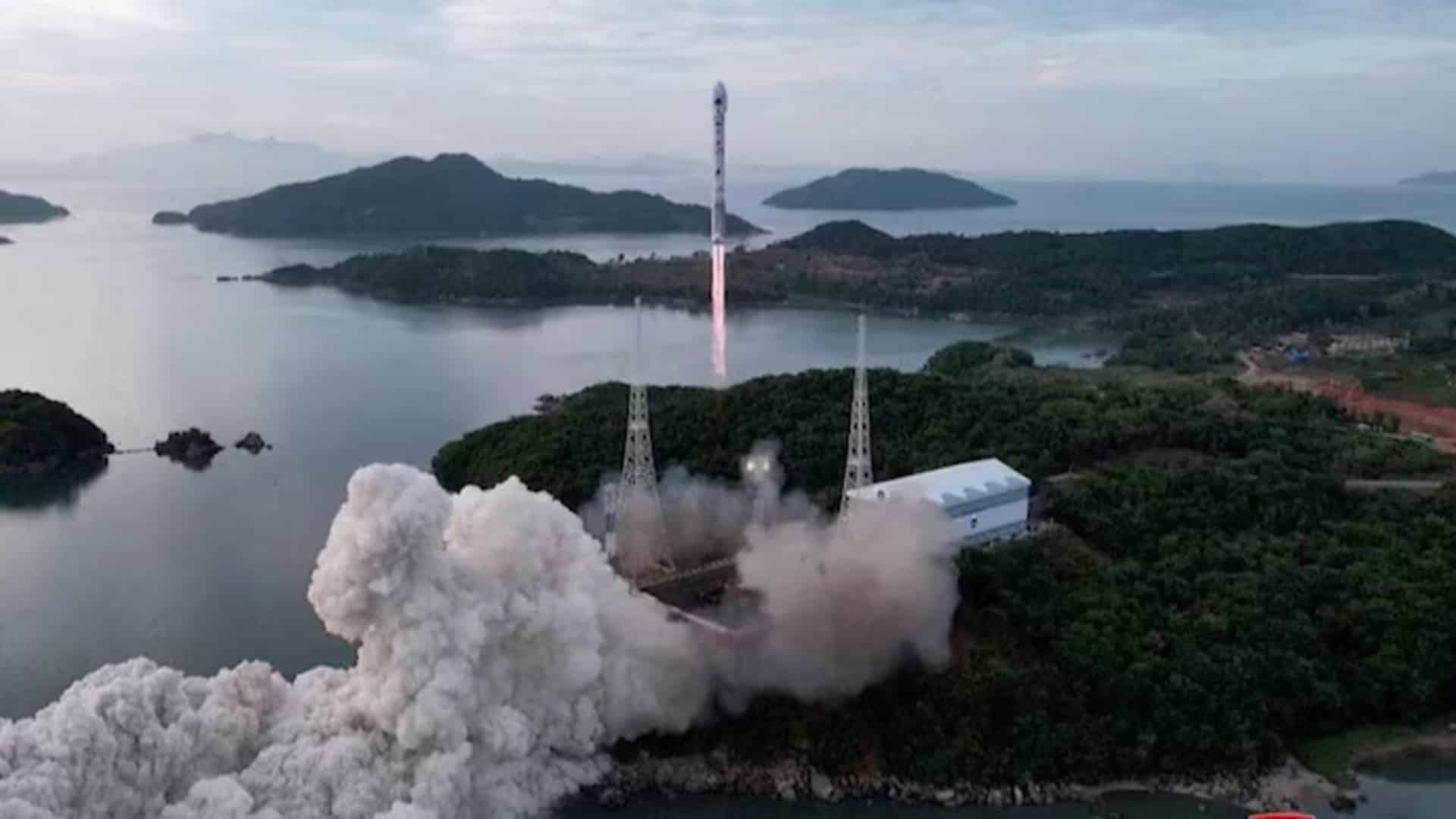In a significant development, North Korea has formally announced its intention to launch a satellite as early as Wednesday, according to statements from Japan. This marks Pyongyang's third attempt to deploy a military satellite, with suspicions arising that the reclusive nation may have received technical assistance from Russia, possibly in exchange for arms transfers.
The Japanese coast guard, on Tuesday, posted a notification on its official website indicating a launch window spanning from November 22 to December 1. In response, Seoul's Ministry of Oceans and Fisheries promptly issued a navigation warning for ships in the vicinity of the anticipated launch, underscoring the regional concern surrounding North Korea's missile activities.
The potential collaboration between North Korea and Russia raises geopolitical eyebrows, suggesting a quid pro quo arrangement involving technical expertise in exchange for arms transfers. As tensions escalate, neighboring nations are closely monitoring the situation, cognizant of the potential ramifications of North Korea's satellite launch.
Japanese Prime Minister Fumio Kishida, in response to the developments, informed reporters that he has directed government ministries and agencies to keep the public well-informed. Kishida emphasized the need to demand the cancellation of the launch and urged thorough preparations for unforeseen circumstances that may arise.
The impending satellite launch adds another layer of complexity to the already intricate geopolitical landscape in the region. As diplomatic efforts are deployed to address the situation, the international community remains on alert, wary of the potential implications of North Korea's actions and the geopolitical dynamics at play.
"The danger zones notified by North Korea this time align with the danger zones that were announced during their satellite launch plan in August," a South Korean official said, according to the Yonhap news agency.




















